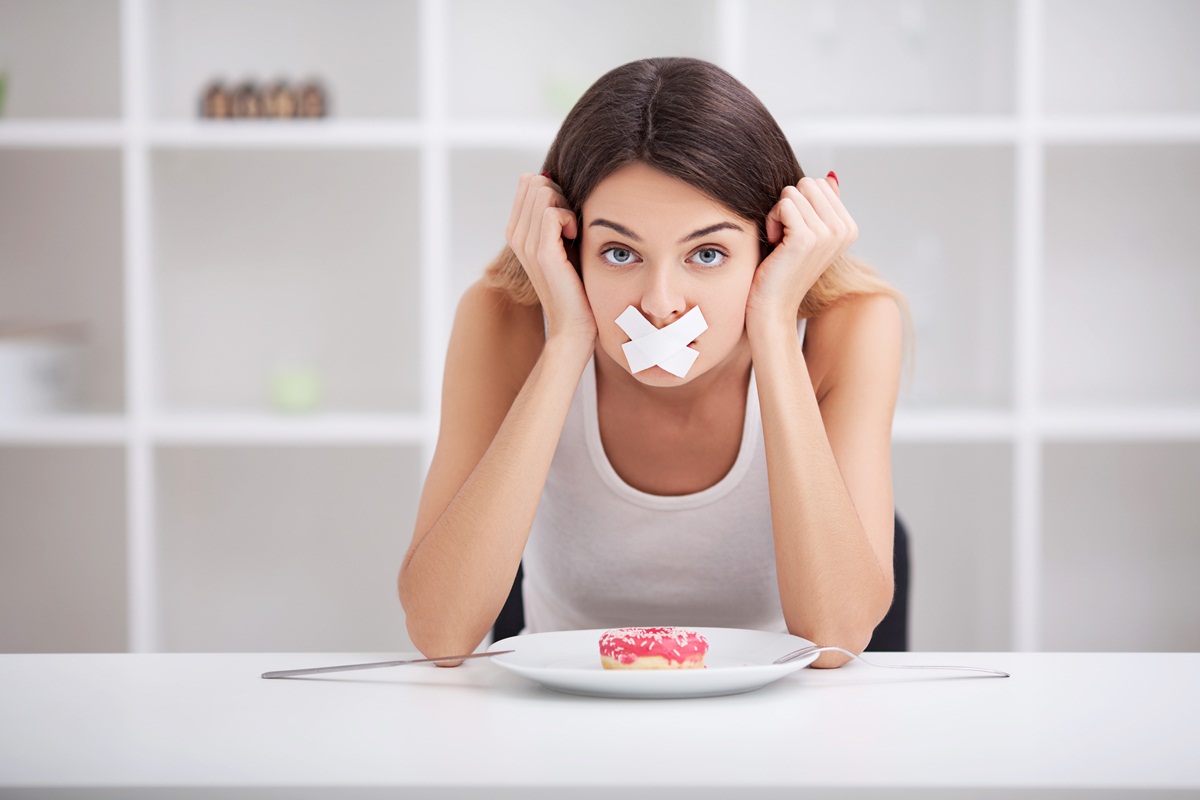
If your stomach just feels upset or you have heartburn, bloating, or gas but no vomiting or diarrhea, it's probably indigestion, not an infection.

Rogers, Ph.D., director of food safety and research at Consumer Reports.īut it's possible to be sickened by food that doesn't seem to bother anyone else simply because the burger or slice of papaya that you happened to eat was more heavily contaminated with disease-causing bacteria.įood-poisoning symptoms-abdominal pain, stomach cramps, and multiple bouts of diarrhea or vomiting-tend to be more severe but shorter-lasting than when it's a stomach bug. For example, Noroviruses are a leading cause of foodborne illness, usually from produce or shellfish, but they are highly contagious and spread rapidly on surfaces touched by people who are infected. (That's why they're notorious for spreading on cruise ships.) Additionally, illness caused by these viruses tends to be seasonal, peaking in the winter in one part of the country and the spring or summer in another.Ĭhances are it's food poisoning if someone else who ate the same food is sick as well, says James E. Gastrointestinal viruses can either be environmentally spread or foodborne. coli are usually foodborne (although in some cases it is possible to "catch" food poisoning from someone else who has it). The difference is whether you picked up the infection by eating something that was contaminated with a bacteria or virus or by touching a tainted surface and transferring the germs from your hands to your mouth.įor the most part, gastrointestinal upsets caused by bacteria such as salmonella and E. When you talk to your friends the next day, you find that no one else was sick.Ĭould you have gotten food poisoning, or were you hit with a stomach virus?įood poisoning and a stomach bug are essentially the same thing-a viral or bacterial infection that causes gastroenteritis, the medical term for inflammation of the stomach and intestines, which leads to vomiting and diarrhea. doi:10.1002/jcsm.After having dinner with friends, you wake up in the middle of the night feeling queasy, and then proceed to spend the next several hours making too many trips to the bathroom. Weight loss, malnutrition, and cachexia in COVID-19: facts and numbers. doi:10.1038/s4143-0Īnker MS, Landmesser U, von Haehling S, et al. Relationship between markers of malnutrition and clinical outcomes in older adults with cancer: systematic review, narrative synthesis and meta-analysis. Older adults with unintended weight loss: the role of appetite stimulants.

The use of herbal medicine in cancer-related anorexia/ cachexia treatment around the world. Appetite control and energy balance: impact of exercise. Nutrition tips for managing loss of appetite.īlundell JE, Gibbons C, Caudwell P, et al. Leukemia and Lymphoma Society | Pearl Point Nutrition Services. The effects of exercise on food intake and hunger: relationship with acylated ghrelin and leptin. Vatansever-Ozen S, Tiryaki-Sonmez G, Bugdayci G, et al. An overview of appetite decline in older people. Pilgrim AL, Robinson SM, Sayer AA, et al.


Neurohormonal regulation of appetite and its relationship with stress: a mini literature review. Food allergy and intolerance: a narrative review on nutritional concerns. Gargano D, Appanna R, Santonicola A, et al. Nausea and vomiting in 2021: a comprehensive update. Appetite problem in cancer patients: pathophysiology, diagnosis, and treatment.


 0 kommentar(er)
0 kommentar(er)
